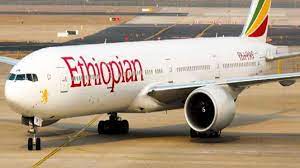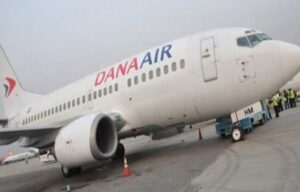Ethiopian Airlines plane misses landing after both pilots fall asleep

An Ethiopian Airlines plane flying from Sudan to Ethiopia missed its landing last week after the aircraft’s two pilots fell asleep.
On 15 August, flight ET343 of Ethiopia’s largest airline was flying from Khartoum to Addis Ababa, reported Aviation Herald.
Alerts were raised when the flight approached the airport but did not start to descend.
While Air Traffic Control tried to contact the plane’s crew, the aircraft’s autopilot system kept it cruising at 37,000ft.
An alarm was triggered, waking up the crew, when the autopilot disconnected after the plane flew over the runway where it was supposed to land.
The pilots landed the plane 25 minutes later.
Automatic Dependent Surveillance-Broadcast (ADS–B) data obtained by The Aviation Herald confirmed that the aircraft continued to cruise at 37,000 feet before overflying the runway.
ADS-B is a surveillance technology that allows for an interface between air traffic control and the aircraft.
Data showed the aircraft subsequently began to descend and maneouver for another approach.
The plane stayed on the runway for around two and a half hours before it departed for its next flight.
Aviation analysts have raised the alarm after the incident and said it reflected how overworked and fatigued pilots are.
Aviation analyst Alex Macheras described the event as “deeply concerning”
In a statement on Twitter, Mr Macheras said: “Pilot fatigue is nothing new, and continues to pose one of the most significant threats to air safety – internationally.”
In May, a pilot working for Italy’s state-run airline ITA was fired for allegedly falling asleep at the controls during a flight from New York to Rome.
Italian newspaper La Repubblica reported that both pilots had dozed off in the cockpit at the same time during a flight on 30 April, leaving the plane out of contact with air traffic control for just over 10 minutes.
Last month, pilots’ union Balpa slammed budget airline Jet2 for refusing to “recognise increasing concern from its pilots about fatigue and stress caused by roster disruption”.”






